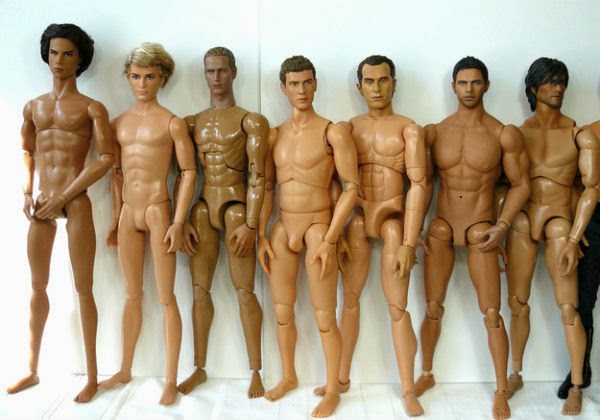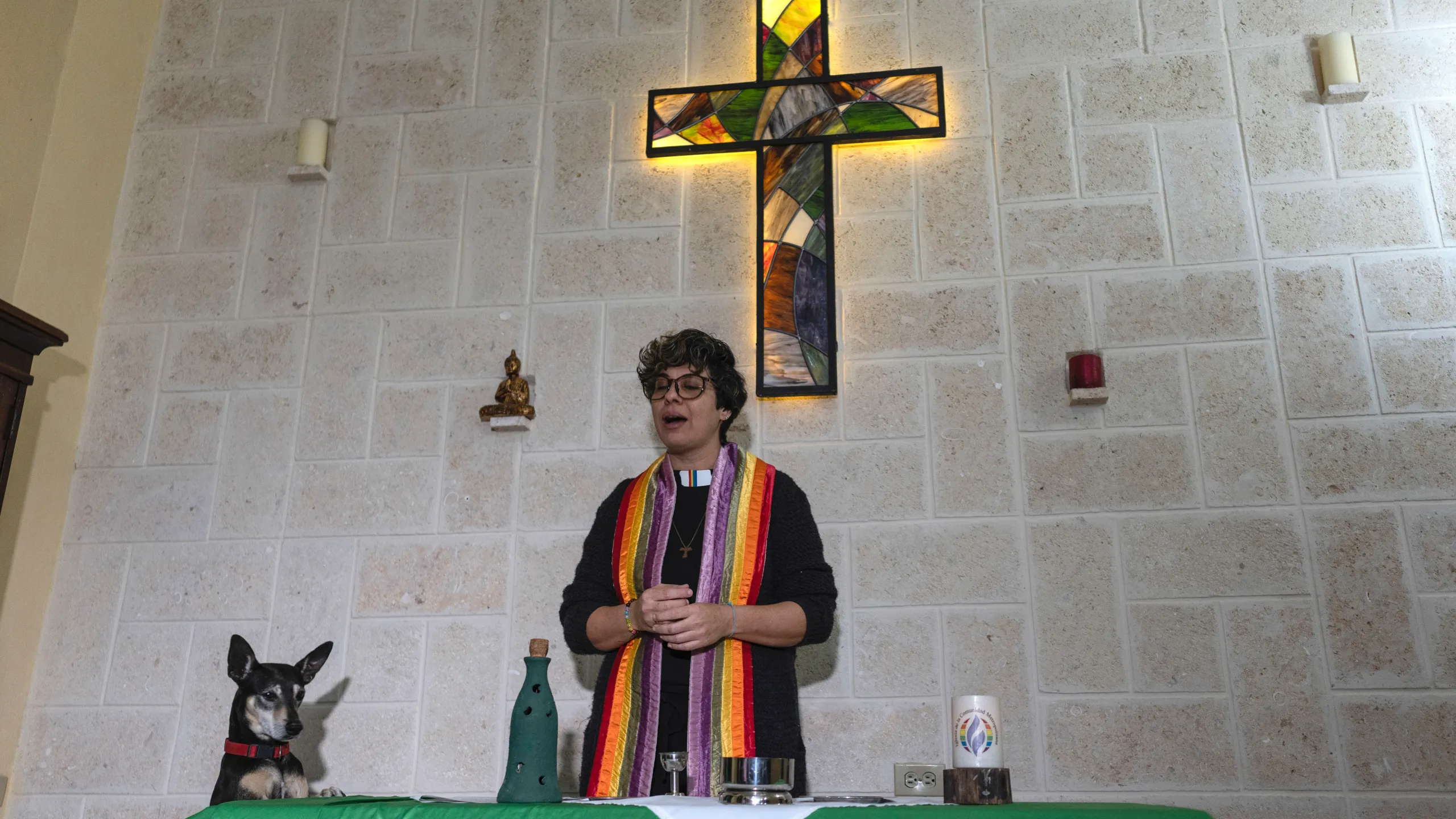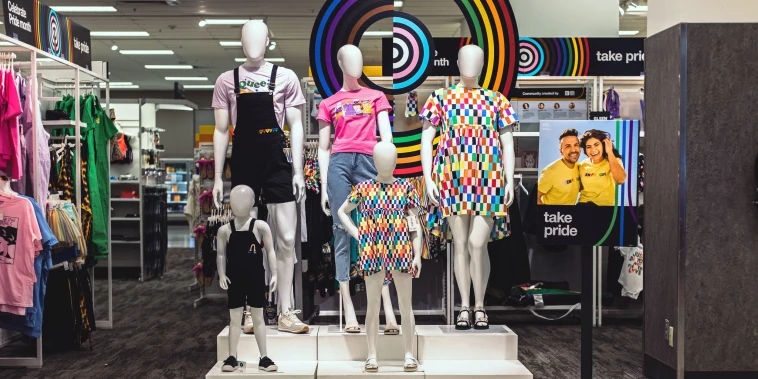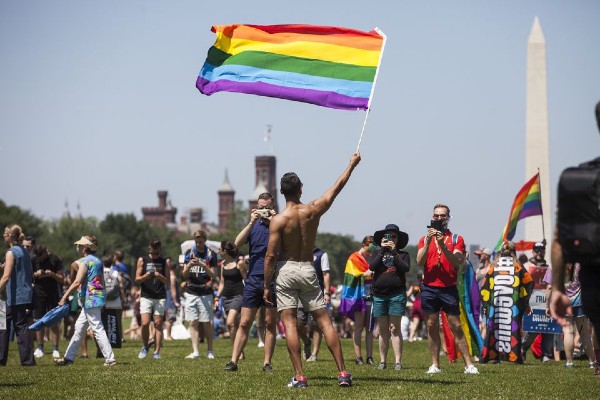Gamal Palmer: On Being Black, Gay, And Jewish in America
Written by Joseph • August 26, 2019
As a young boy, Gamal Palmer — Senior Vice President of Leadership Development at the Jewish Federation of Greater Los Angeles — would sit in his local synagogue, wearing a yarmulke and in mid-prayer, as people would routinely approach to ask if he was Jewish. As a black man, his participation, even his presence, was […]
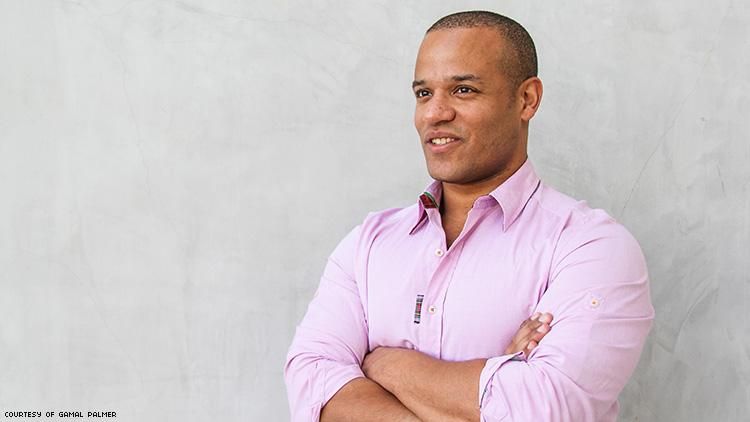
As a young boy, Gamal Palmer — Senior Vice President of Leadership Development at the Jewish Federation of Greater Los Angeles — would sit in his local synagogue, wearing a yarmulke and in mid-prayer, as people would routinely approach to ask if he was Jewish. As a black man, his participation, even his presence, was treated with disbelief.
There are many stereotypes about Jewish people; that they are Black or People of Color is not one of them. In fact, a recent study found that the American Jewish community has been chronically undercounting the number of People of Color who are Jewish. They estimate the number is roughly 12-15 percent.
Talking on this week’s episode of the LGBTQ&A podcast, Palmer says he has just now begun to feel comfortable voicing his blackness in Jewish spaces, and also talks about why he’s been comparatively less vocal about his sexuality.
“A lot of it had to do with my own not wanting to lead with my queerness. Therefore, not only did I not lead with it, but I actually didn’t really explore it.”
[Click here to listen to the full podcast interview with Gamal Palmer.]
Jeffrey Masters: What is the typical reaction you get when people find out you’re Jewish?
Gamal Palmer: Well, tell me where you’re from. What are you? How did that happen? In some ways, I am Jewish because of my mom, but in other ways, I do have a unique story, if you will.
“Oh. Well, you’re not really Black,” is another thing that people will say.
JM: They use it to invalidate your race?
GP: Yeah. For some people, it’s just ultimately that the Jewish people are these Ashkenazi people. So, anything outside of that is not really Jewish. It’s differently Jewish.
I have to be careful just because we are in a really interesting time around this whole conversation where there are a lot of institutions investing in diversifying their staff, diversifying how they talk about Judaism, and how they promote what they are and what they do. We have a lot of soldiers on the ground who are changing hearts and minds.
We have a long way to go. I don’t want to make it seem as though there isn’t racism within the Jewish community, that there isn’t classism, but all that’s to say that we’re in an interesting time. We are luckily at a changing point.
JM: Growing up, did you see people of color reflected in Judaism?
GP: Never, no. When I walked into a synagogue as a kid I was constantly asked, “Oh, are you Jewish?” Even though I had a kippah on.
I could have that on and I could have on the cloth that you get from being bar-mitzvahed when you turn 13 and become an adult. I could be davening [praying], singing the songs in Hebrew, and somebody will actually stop me from praying to ask me if I’m Jewish. It’s puzzling.
It was really a lifetime of people doing a double-take. So, I’ve constantly had this experience of being watched or being observed or being noticed, because I was a man of color in the Jewish space, even though I am Jewish.
JM: Growing up in Judaism and being black, they were circles that didn’t overlap. Did you feel that way about your queerness?
GP: I absolutely think that my identity as a non-heterosexual male does not overlap with my Judaism. It comes up against often with my black identity.
Now, I think I’m finally at a stage in life where it is much more intersectional, much more fluid. I’m able to voice my blackness in a Jewish space, which is something that took a really long time for me.
I’ve never really been vocal about my sexual identity, it’s just kind of been what I have been.
JM: Why do you think you’ve not been as vocal about it?
GP: It wasn’t something I felt like I had to do, you know? Which is really bizarre, because…I came out when I was in eighth grade. The hardest thing to do was to tell my mom, but once I told her I really didn’t care what anybody else thought. I didn’t need anybody else’s approval. I didn’t get hers for many years later, but very much so loving and approving now.
I think maybe it was my own internalized homophobia. I was said comfortable with my sexual orientation or identity, but also was playing it safe a little bit.
JM: Were you that person that co-workers might have been surprised to learn that you were gay?
GP: Yeah, sometimes. I never hid it. I just didn’t talk about it. I had partners in high school. I mean, I had my first love for four years. Now reflecting, I do think that a lot of it had to do with my own not wanting to lead with my queerness. Therefore, not only did I not lead with it, but I actually didn’t really explore it.
I think that I wanted to be a person that was queer but didn’t act queer. Even though you ask other people and they will tell you they were very clear about me when I walked in the room, but I would say…as much as I may feel queer and that I’m wearing my queerness and expressing it as loudly and as proudly as I can, I do think there’s a difference between that and being of color, right?
Right now when we’re at such a time where we need to be coalition building and supporting and understanding each other’s pains and culturally specific communities. There is this other tension of understanding in the queer community to understand that the queer people of color have both the queer challenge and discrimination, and also the ‘of colorness’. The ‘of colorness’ cannot turn off or on.
JM: Violent attacks against the Jewish community in America doubled last year. How has that impacted the work you do?
Many young adults are already ambivalent about associating with the Jewish community or exploring their Jewish identity. Israel is a major point of contention for both Jews and non-Jews. Many people, including young adult Jews, compound conversations related to Israel.
If I am Jewish, that means I support Israel, and if I support Israel, that means I support the Israeli government…but the truth is, none of these things are synonymous.
You can be Jewish and not support Israel, and you can support Israel, but not support the current policies of the Israeli government. But we live in a time where unpacking and appreciating nuance is becoming more and more challenging.
JM: How do you think about Israel, in general, but also in terms of the conflict?
GP: You know, I have the opportunity to go to Israel at least every other year, if not more. I think that Israel is a place to really be studied by people and looked at in multiple ways, how Israel has been leveraged from various sides over the decades to benefit or attempt to benefit its surrounding and even distant neighbors and competing agendas internationally.
I’m not going to say my specific belief systems about Israel right now, but what I would say is that it’s a place that really is very special and what was created there is pretty extraordinary. It would be in everyone’s best interest to actually look to see, “How does that happen? How does that get accomplished? What can we learn from this?”
As we refer to America as an experiment, Israel is an experiment. I think that if people were to do that and take off whatever they’ve been taught to believe about the conversation, we can potentially make some headway in that conflict.
JM: I’d label what’s happening with certain populations of Palestinians there as human rights abuses. Yet for that, unlike other countries, it seems like people want to write all of Israel off in ways that we don’t for other countries.
GP: I know what I just said was half creative sounding, half ambiguous, half P.C., but ultimately what I’m pointing to are the nuances there. There are a lot of nuances from all sides. There is almost no desire or appreciation to look at those nuances.
I also think that’s a thing that’s happening, that’s pervasive in modern societies, right? Or at least in America. There’s a lack of appreciation for nuance and we’re not interested in there being something called a gray.
I think that there are biases on all sides that prevent people from making those kinds of comparisons or looking at the nuances. Unfortunately due to all sorts of decisions that are being made, both within Israel, within Palestine, and internationally, it’s only actually making that worse.
JM: What do you like the most about Judaism?
GP: Judaism is inherently designed from the actual Torah or Bible itself to understand that there are multiple perspectives on every topic. The way in which that philosophy and approach to life plays out, and now that I work in the organized Jewish world, it can be extremely maddening and feel crazy sometimes to actually be eliciting and allowing for all of these different perspectives to not only be said but actually to impact the direction of a decision.
While all of that can be very infuriating, it’s also beautiful.
It’s really what we say we want in life. We say we want to be inclusive and we say we want to broaden our perspectives and our horizons, so for there to be such a unique and substance of value around inclusivity of thought is pretty inspiring to me.
[Click here to listen to the full podcast interview with Gamal Palmer.]
.
.
Check out the original story here: The Advocate Magazine.
.
.
Have you found the right one, or are you still searching?

Join a gay dating site where you can meet single guys from any town or city. Rely instead on Gay Dating Solutions to do the work for you! Don’t get fooled by free offers made by other sites. Gay Dating Solutions is offering a FREE 6 month promotion ABSOLUTELY no strings, request for credit card numbers, etc…it is the only site that is truly free to join!
Sign-up now: www.gaydatingsolutions.com
Download our mobile apps: https://appurl.io/jd0jaqp0
Like us on Facebook: www.facebook.com/GayDating101
Tweet us: twitter.com/GayDating101
